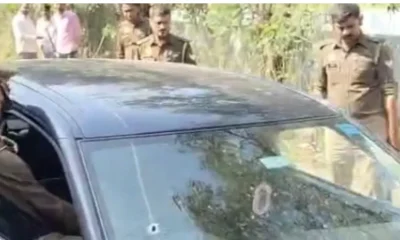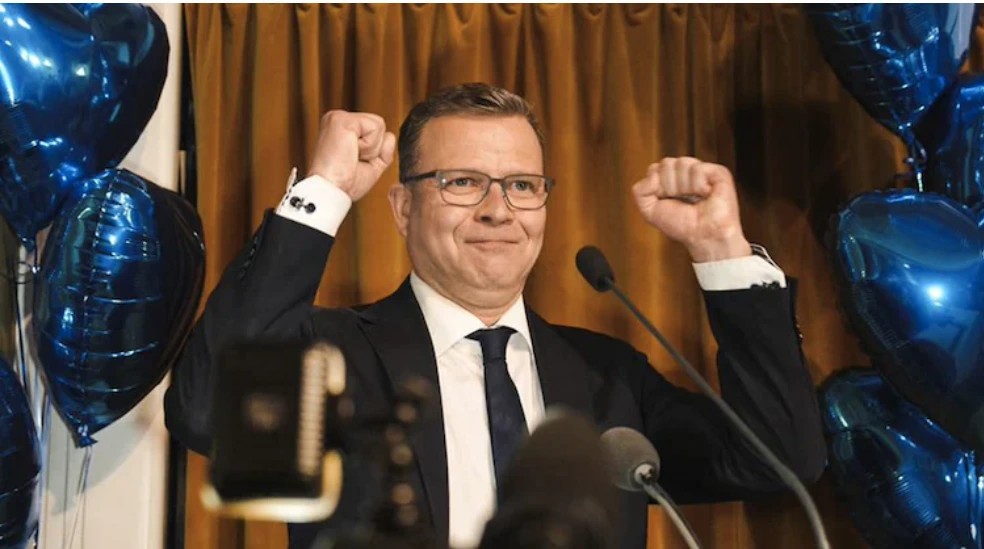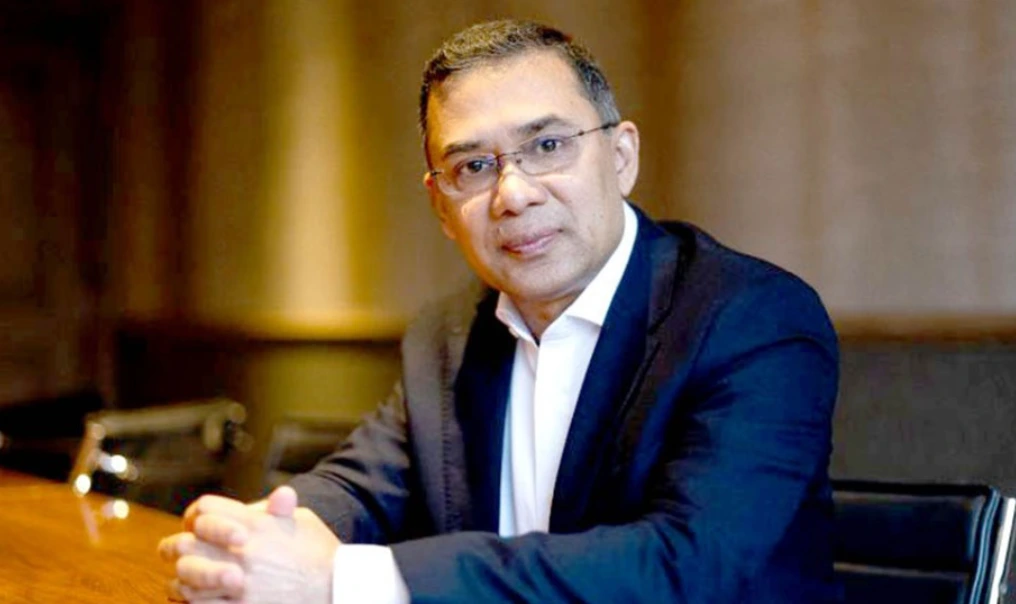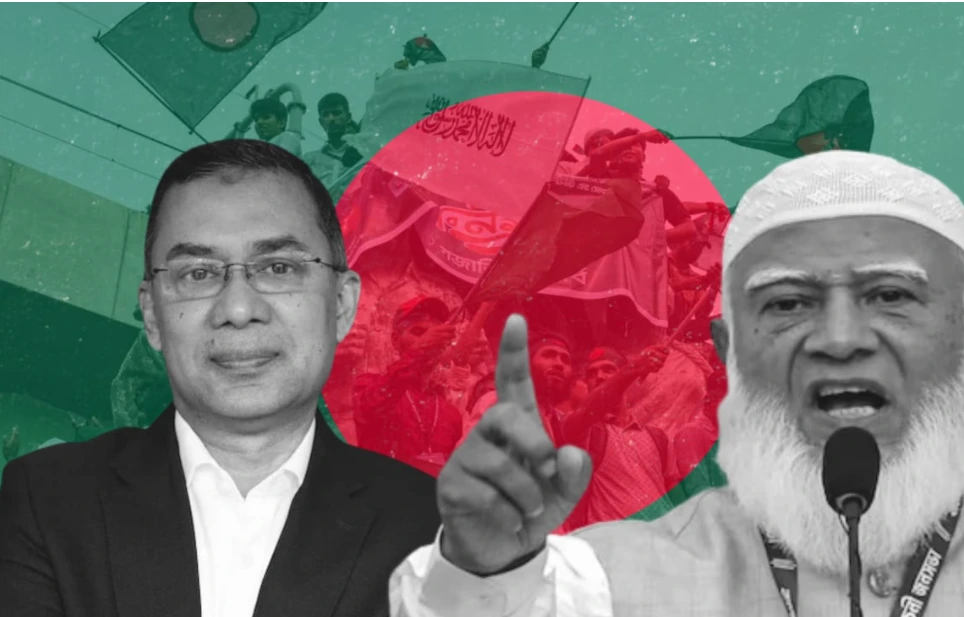Petteri Orpo will travel to India from February 17 to 20 to participate in the India AI Impact Summit and hold bilateral discussions with Narendra Modi.
Prime Minister Orpo is scheduled to meet PM Modi on February 18. He will also attend the India AI Impact Summit on February 19, which is being hosted in New Delhi.
The Finnish Prime Minister is accompanied by a business delegation comprising representatives of 22 Finnish companies. According to an official release, the visit aims to strengthen cooperation between the two countries, particularly in digitalisation and sustainability.
Focus on AI governance and innovation
The India AI Impact Summit, being held from February 16 to 20 at Bharat Mandapam, will bring together Heads of State and Government, international organisations, AI experts and leading companies from across the globe.
The summit is designed to promote a shared understanding of global AI governance principles and foster international cooperation. Prime Minister Orpo had also taken part in the AI Action Summit in Paris in 2025.
“At the summit, we will highlight Finland’s strengths in the fields of AI policy and innovation. Finland has world-class expertise in AI and the potential to lead the way in its use. At the same time, we will also promote the safe and responsible use of AI,” Orpo said, according to the release.
He noted that geopolitical and economic competition is intensifying, underlining the need for Finland to remain active in global technology discussions. He also emphasised cooperation with like-minded countries while seeking broader international consensus.
During the summit, Orpo will deliver Finland’s national address, visit country pavilions and participate in side events organised by the Finnish Innovation Fund Sitra and National Association of Software and Service Companies. The programme also includes a dinner hosted by PM Modi and other high-level engagements.
Strategic partnership and trade opportunities
The release highlighted India’s growing global role and described bilateral ties as strong and expanding. The inauguration of Finland’s new Consulate General in Mumbai in 2022 was cited as a significant step in strengthening engagement.
Orpo said Finland aims to deepen cooperation with India in the areas of digitalisation and sustainability, reinforcing the new strategic partnership between the two nations.
He also referred to the conclusion of negotiations on the EU-India Free Trade Agreement on January 27, 2026. Talks on the agreement had been underway since 2007, with some interruptions. The pact is expected to improve access for European companies to India’s expanding market and enhance the broader EU-India partnership.
Summit structure and agenda
The India AI Impact Summit will revolve around three pillars — People, Planet and Progress. Discussions will focus on employment and skilling, sustainable and energy-efficient AI, and economic as well as social development.
Seven thematic working groups, co-chaired by representatives from the Global North and Global South, will present deliverables such as proposals for AI Commons, trusted AI tools, shared compute infrastructure and sector-specific AI use case compendiums.
The event will also address AI safety, governance, ethical use, data protection and India’s approach to sovereign AI, including the development of indigenous foundation models for strategic sectors.
An AI Impact Expo will showcase practical AI applications in healthcare, agriculture, education, climate action, energy efficiency and accessibility. The summit will further spotlight national skilling initiatives, including “Yuva AI for All”, a free course aimed at building basic AI awareness among students and professionals.


 India News24 hours ago
India News24 hours ago
 India News6 hours ago
India News6 hours ago
 Lifestyle6 hours ago
Lifestyle6 hours ago
 Latest world news5 hours ago
Latest world news5 hours ago





